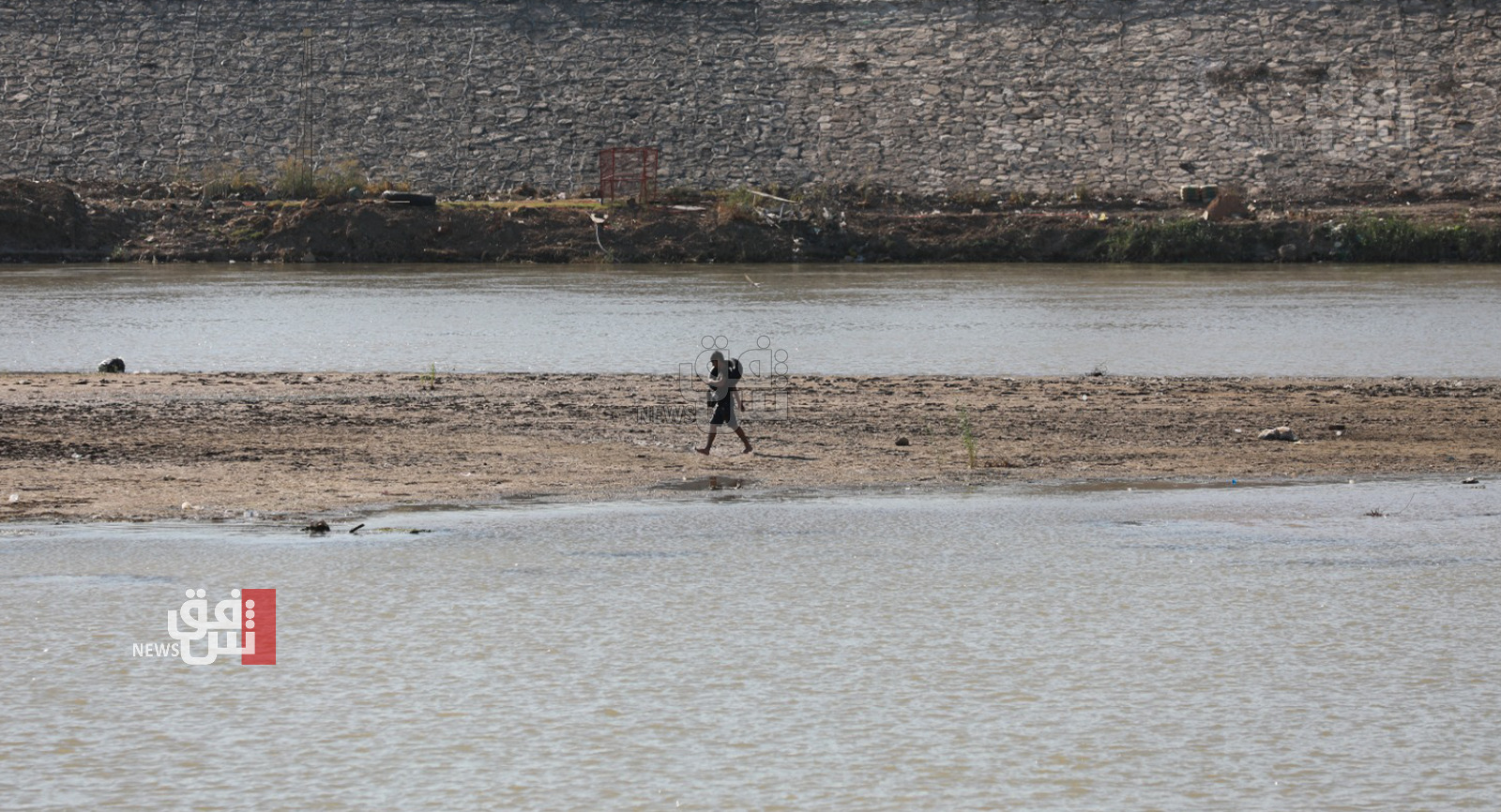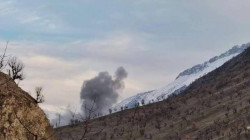Turkey's declining water reserves raise concerns for Iraq and Syria

Shafaq News/ A decrease in water reserves in dam reservoirs in Istanbul, Turkey, has raised concerns about potential water shortages in the country. While experts warn of the repercussions of this crisis for Iraq and Syria, they note that Turkey is implementing Süleyman Demirel Law, related to energy in exchange for water, with these two countries by constructing 11 dams on the border.
The water reserves in dam reservoirs in Istanbul have fallen to just 29.7 percent of their total capacity. Istanbul, a city of 16 million people (20 million unofficially), is surrounded by 11 dams typically filled during peak rainfall in November and December. However, climate change and increasing temperatures disrupt rainfall patterns, leading to water shortages.
Al-Hurra News Channel quoted Zahir Hashim, an Istanbul-based environment and climate expert, attributes the depletion of water and destruction of hydrological systems to unsustainable water infrastructure projects like hydroelectric power plants, dams, and water transfer projects between basins. He also notes the inefficient use of water in agriculture and water source contamination due to domestic, industrial, and agricultural waste.
Turkey is in a state of "water stress," with per capita water availability expected to decrease as its population grows. Climate change exacerbates the situation, leading to droughts, decreased rainfall, and reduced snowfall.
Abbas Sharaqi, a professor of water resources and geology at Cairo University, speaking to Al-Hurra, points to two reasons for declining dam stocks in Turkey: the emptying of dams after a devastating earthquake and lower rainfall due to climate change.
Sharaqi explains that Turkey's construction of large reservoir dams in Anatolia has left its reserves vulnerable to earthquakes. Another major earthquake might occur in Turkey, which could damage dams and lead to flooding. Therefore, authorities have been releasing water from dams to prevent a disaster in case of another earthquake.
On the other hand, former Iraqi Minister of Water Resources Mohsen Al-Shammari suggests that Turkey is facing an electricity and energy crisis, not a water shortage. He attributes the decrease in dam reserves to a crisis in electricity generation and energy shortages unrelated to global warming.
However, Turkey's declining water reserves significantly affect Syria and Iraq. Turkey is a key source of the Tigris and Euphrates rivers flowing into these countries. Climate change and Turkey's dam-building activities have reduced the flow of these rivers, impacting agriculture and water security in Syria and Iraq.
The decline in water availability also leads to drought, reduced crop productivity, threats to food security, and public health concerns. Water shortages can increase reliance on traditional energy sources and lead to political tensions among countries sharing water resources.
Turkey's efforts to refill dam reservoirs could further exacerbate water shortages in Syria and Iraq. This situation threatens farmers' livelihoods, agriculture, and overall regional stability.





